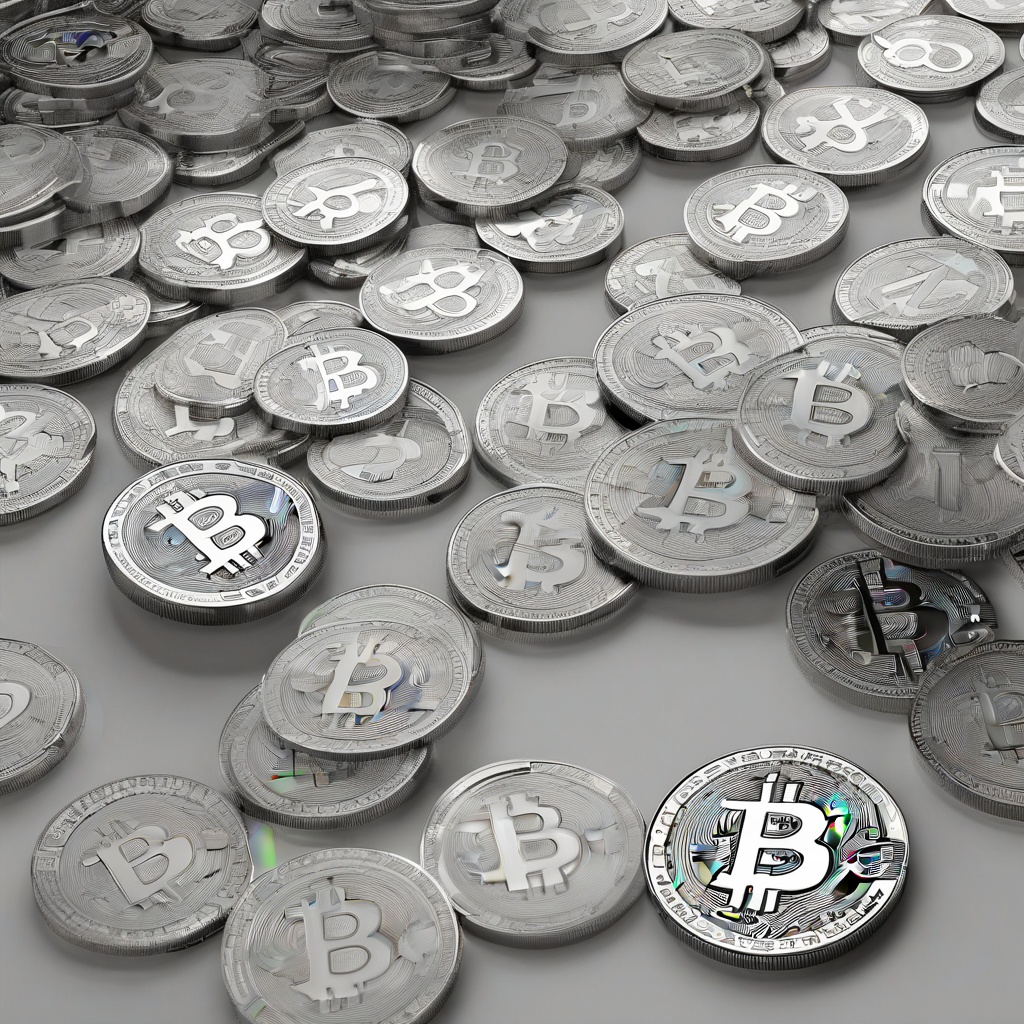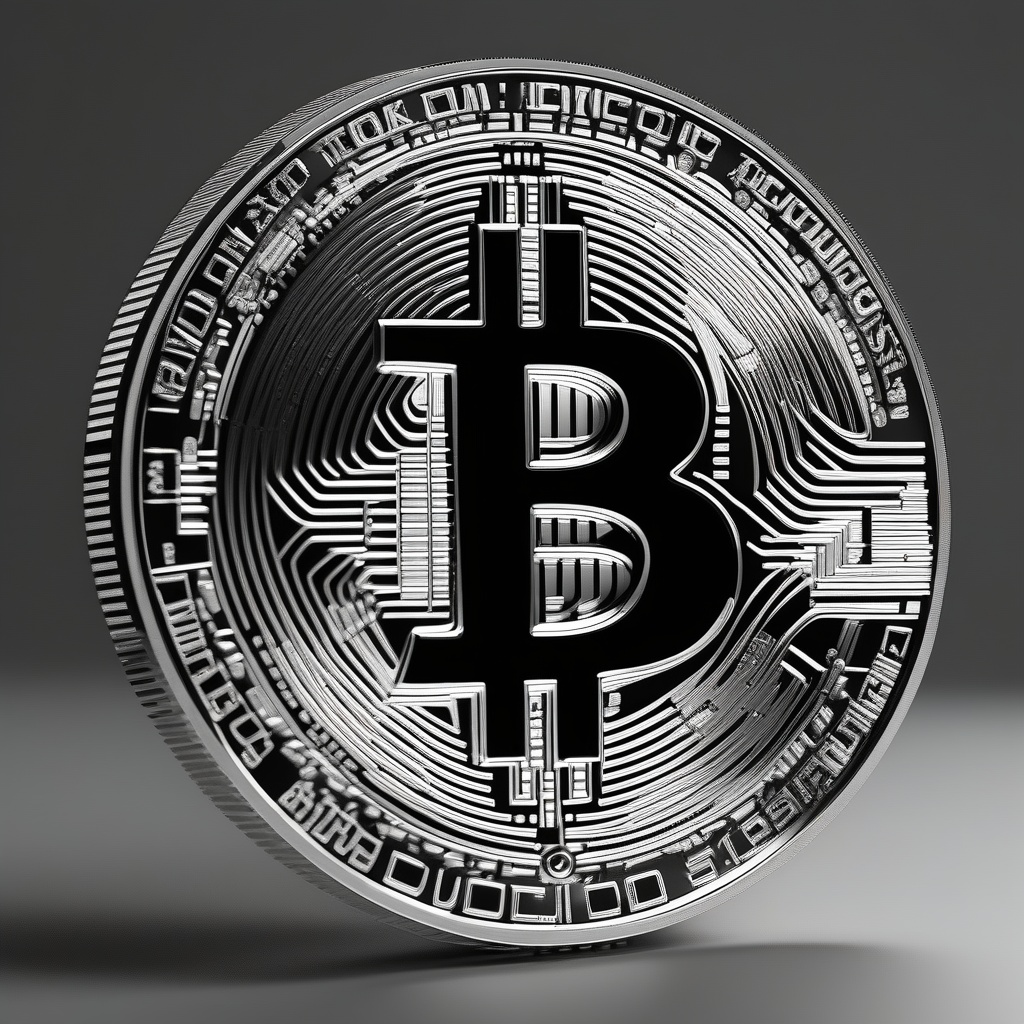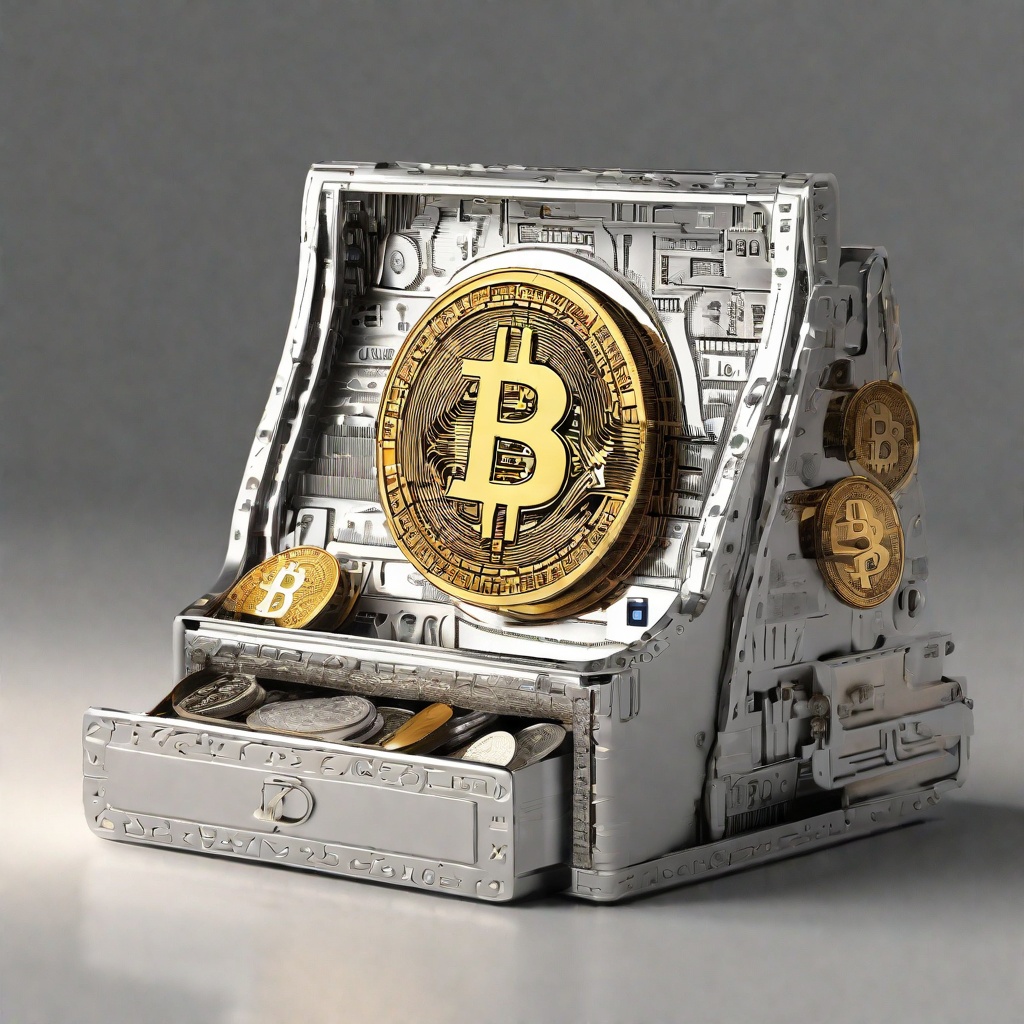How do I avoid gas fees on ETH?
For those seeking to minimize or avoid gas fees on Ethereum (ETH), the question arises: how can this be achieved? Given the nature of Ethereum's decentralized network and the necessity of incentives for miners to process transactions, avoiding gas fees entirely may seem like a daunting task. However, there are a few strategies that could potentially help mitigate the impact of these fees. Firstly, timing transactions during off-peak hours, when network congestion is lower, could result in lower gas fees. Secondly, optimizing transaction sizes by consolidating multiple transactions into one can also reduce overall fees. Additionally, exploring alternative layer-2 solutions or decentralized exchanges that offer reduced gas costs may be worth considering. But the key is to understand that, while reducing gas fees is possible, completely avoiding them on Ethereum's mainnet is likely an unattainable goal.

Are there gas fees on PancakeSwap?
In the realm of decentralized finance and cryptocurrency trading, it's often crucial to understand the nuances of each platform and its associated costs. With PancakeSwap, a decentralized exchange that has gained significant popularity in the Binance Smart Chain ecosystem, one of the key questions traders often ponder is: "Are there gas fees on PancakeSwap?" This question arises due to the nature of decentralized exchanges, where transactions are typically powered by the underlying blockchain network. In the case of PancakeSwap, transactions are processed on the Binance Smart Chain, which utilizes a system of gas fees to compensate validators for their computational efforts. Therefore, to put it simply, yes, there are gas fees on PancakeSwap. These fees vary depending on network congestion and the complexity of the transaction, but they are an inevitable part of using decentralized exchanges like PancakeSwap. Understanding these fees and how they work is crucial for traders to make informed decisions and optimize their trading strategies.

Does Algorand have gas fees?
Could you please elaborate on whether Algorand incorporates any gas fees into its transaction processes? It's a crucial aspect that many cryptocurrency enthusiasts tend to inquire about, given the varying costs associated with different blockchain platforms. Do transactions on the Algorand network come with any additional expenses akin to gas fees, or does it offer a more cost-effective solution? Understanding this point is essential for investors and users alike to make informed decisions regarding their participation in the Algorand ecosystem.

Does Weth have gas fees?
Does Weth, as a cryptocurrency asset, incur any gas fees when transactions are conducted on the blockchain? Given its operation within the Ethereum network, would it be subject to the same transactional costs associated with other ERC-20 tokens? Is it necessary to factor in gas fees when considering the cost-effectiveness of using Weth for various financial transactions? Moreover, how does the gas fee structure of Weth compare to other cryptocurrencies, and does it vary depending on the type or complexity of the transaction?

How to buy on Uniswap without gas fees?
Could you please elaborate on the process of purchasing cryptocurrencies on Uniswap without having to pay gas fees? I'm quite interested in understanding the steps involved in achieving this, as gas fees can often be quite significant and deter potential investors. Would there be any specific conditions or prerequisites that need to be met? And how would the absence of gas fees impact the transaction process or the security of the exchange? Could you provide any insights into how Uniswap manages to offer this feature, and whether it's a sustainable practice in the long run? Thank you for your assistance in clarifying this matter.

